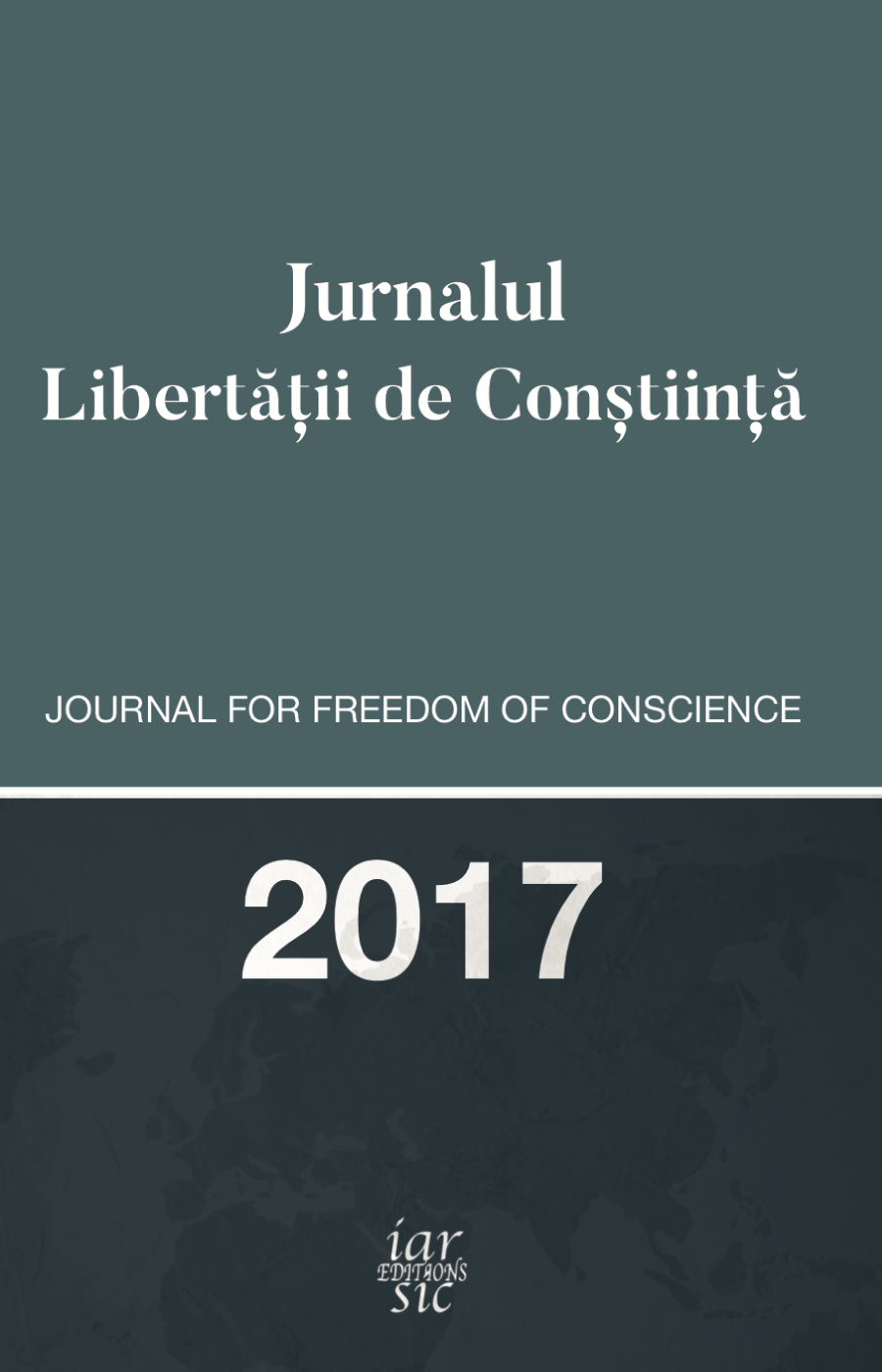ÎNSEMNĂTATEA LIBERTĂȚII RELIGIOASE PENTRU RELAȚIA DINTRE BISERICĂ ȘI STAT, DIN PERSPECTIVA NOULUI TESTAMENT
The Significance of Religious Freedom for the Relationship between Church and State from the New Testament Perspective
Author(s): Ciprian Flavius TerinteSubject(s): Christian Theology and Religion, Theology and Religion
Published by: Editions IARSIC
Keywords: christianity; church; New Testament; political power; religious freedom; state;
Summary/Abstract: Recent theological studies on religious freedom focused most often on the church - its life in crisis conditions and its testimony in the context of persecution - and less on the state and the place it gets to occupy in the overall narrative of the divine plan revealed in the Holy Scriptures. In this study, we will explore the idea of religious freedom as it appears in three New Testament writings, in order to observe in the first instance how it modifies the relationship between state church and its meaning. We will consider not only the management of the relationship by the church, but also the biblical perspective on the state. We will also undertake a brief survey of the great changes that took place in the fourth century under the emperors Constantine and Theodosius, in order to get closer to our Eastern European context. Finally, we will seek to cast a new light on the roles, whether positive or negative, which the church and the state can assume in the history of salvation, depending on their approach of religious freedom.
Journal: Jurnalul Libertății de Conștiință
- Issue Year: 5/2017
- Issue No: 1
- Page Range: 118-128
- Page Count: 11
- Language: Romanian

